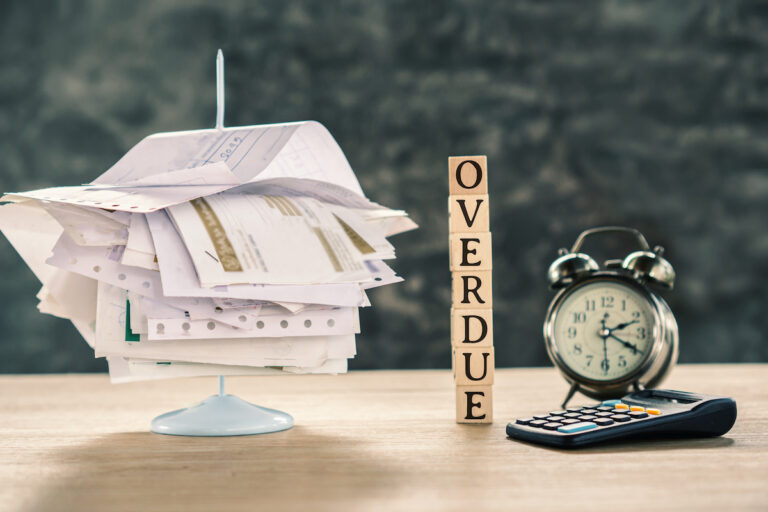Late payments aren’t a new problem for small businesses, but recent research has shown that the situation appears to be more of a challenge than ever. In fact, a 2022 study by Small Business Index (SBI) found that 30% of business owners have seen an increasing number of overdue invoices over the past three months.
 This can have serious consequences for business owners, and make it more difficult to manage cash flow, but the good news is that there are steps that you can take to manage late payments, and their effect on your business. Elizabeth Hughes, Content Editor at Pandle, provides SMEToday’s readers with some ideas on how to handle this issue.
This can have serious consequences for business owners, and make it more difficult to manage cash flow, but the good news is that there are steps that you can take to manage late payments, and their effect on your business. Elizabeth Hughes, Content Editor at Pandle, provides SMEToday’s readers with some ideas on how to handle this issue.
What can I do about overdue invoices?
So, you’ve got customers who keep letting their payments go overdue. What can you do about it?
Contact the customer and make them aware of the issue
Sometimes, it may simply be an honest mistake, and the customer didn’t even realise they were late paying their bill. It’s why it’s usually best to start with a gentle approach when following up on overdue invoices!
Cease carrying out any further work
If they still don’t pay up, or if you don’t get a response at all, now’s a good time to stop any further work you might have planned for the customer. Contact them again, in a calm and professional manner, to let them know, and that you’ll be happy to continue work once the debts have been settled.
Inform the customer you plan to take matters further
If the issue still remains unresolved, you will need to contact the late-paying customer again to let them know that you wish to escalate the matter by looping in legal support.
Take the issue to the small claims court
When you’ve exhausted all other avenues, you can ask the small claims court to intervene to help try and resolve the issue with a little more force. Just bear in mind that there are usually costs involved in this, so consider whether the invoice amount is worth it.
Managing invoices and reducing late payments
One of the most effective things you can do is to put preliminary measures in place to support a well-oiled payment process, and minimise late payments as much as possible.
- Ensure that your invoices are well-formatted, clear, and accurate to save any unnecessary back-and-forth between you and your customer(s).
- Make sure to send all your invoices or payment requests out on time to avoid delays on either end.
- Include clear payment terms on your invoices and in any emails – even before you reach invoice stage. Confirmingthese with your customers prior to any work or services being carried out can make things simpler, but it’s still essential to display them on invoices or payment request paperwork.
- Offer your customers multiple ways to pay. Doing so allows them to settle their billusing their own preferred method. It’s a tactic which is proven to accelerate the payment process!
- Put late payment and debt recovery fees in place and make sure that the customer is aware of them well in advance. Hopefully the threat of financial penalties will help them pay more attention to the payment deadline!
Can I charge late payment fees?
Absolutely, yes you can. If a customer’s invoice exceeds the payment terms stipulated then you can apply interest and debt recovery fees at your discretion. The statutory interest you can apply is currently 8%, which includes the current Bank of England base rate for B2B transactions. These late payment fees vary depending on the outstanding charge amount and follow legal thresholds that are currently set at the following rates:
- Charges up to £999.99 -£40 fee
- Charges from £1,000-£9,999.99 – £70 fee
- Charges of £10,000 or more – £100 fee
These thresholds are set by late payment legislation and are subject to change so make sure you stay up to date. If you are going to request additional money on account of debt recovery, you will need to issue a new invoice (with a new invoice number) with the fees added on.
We recommend communicating your late payment fee policy on any invoices you send by simply including something along the lines of the following wherever your payment terms are stated:
- Payment due within 30 days. Please be advised that we charge the statutory 8% interest on all late payments, plus the applicable recovery fee
Learn more about using Pandle to invoice clients, automate late payment reminders, and help manage your cash flow more easily.
Elizabeth Hughes is the Content Editor at Pandle, specialising in business, finance and software.


